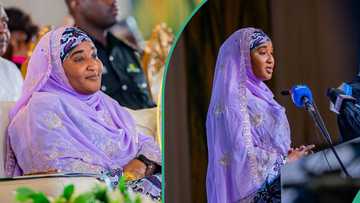From Users to Creators: Building AI Literacy for Every Nigerian, by Olasupo Abideen Opeyemi
Editor’s note: In this piece, AI innovator Olasupo Abideen examines Nigeria’s readiness for an AI-driven world. He points to gaps in schools, teachers, and policies, and why urgent investment could decide the future.
Artificial intelligence (AI) is no longer a distant promise. It is here, reshaping how we live, work, and learn. From chatbots in banking to AI-driven tools in health care and agriculture, Nigerians already interact with this technology every day. Our students and teachers are no exception; many are experimenting with generative AI to draft essays, lesson plans, or job applications. The real question is not whether they will use AI, but whether they will be prepared to use it wisely, critically, and inclusively.
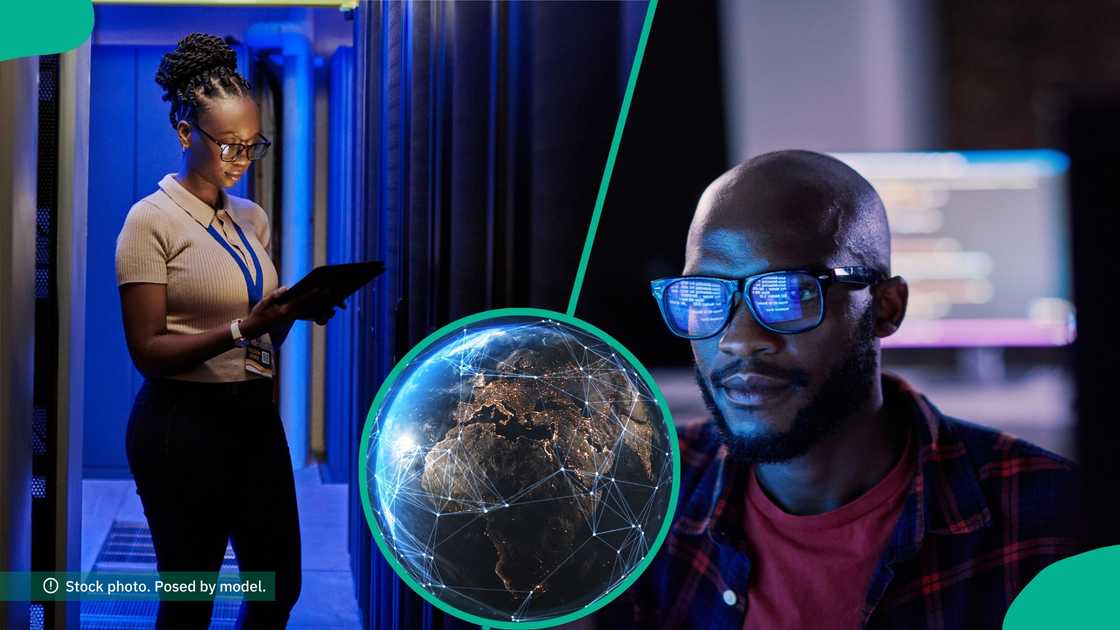
Source: Getty Images
Around the world, governments are moving fast. China has mandated AI instruction in all schools by 2025. Singapore is training every teacher in AI by 2026. The UK is heavily investing in AI-powered teaching resources. Even the United States, which has often moved slowly on education reform, recently launched a national strategy on AI literacy, with federal agencies funding teacher training, curriculum development, and public-private partnerships. The U.S. Blueprint for Action: Comprehensive AI Literacy for All frames AI literacy not as a niche skill but as a civic, economic, and ethical necessity, “as important in an English class as in a computer science class.” These countries understand that AI literacy is foundational for future competitiveness. Nigeria must recognize this, too.
With more than 60 percent of our population under 25, Nigeria holds one of the largest pools of young talent in the world. Properly prepared, our youth could lead globally in AI innovation and entrepreneurship. But without deliberate investment, they risk being left as passive consumers of imported tools, vulnerable to misinformation, surveillance, and bias.
Despite our reputation as Africa’s tech hub, Nigeria’s education system is not ready for this new reality. Too many schools still lack electricity and internet access, leaving rural students at risk of exclusion. Teachers have received little to no training in digital or AI tools, making it difficult for them to guide students responsibly. Policy remains fragmented, with the recently launched National Artificial Intelligence Strategy yet to shape curricula or practice in schools. Worse, existing inequities, especially those faced by girls and low-income families, risk being amplified if AI access remains uneven.
The experiences of other nations show what is possible. In Singapore, children are introduced to AI concepts from primary school, while older students debate its ethical dilemmas. The U.S. is embedding AI literacy into teacher training programs and funding experimental “AI learning hubs” that connect schools, industries, and communities. The lesson for Nigeria is clear: AI literacy must be cross-disciplinary and developmentally aligned. It should not be siloed in ICT classes but woven across subjects and grade levels; helping young pupils understand how recommendation systems shape their online choices, enabling secondary school students to critique AI bias in social media, and preparing university graduates to explore AI’s applications in law, medicine, agriculture, and business.
But beyond what we teach, we must also ask: who are we designing AI literacy for, and who owns it? Any framework or curriculum must be rooted in the realities of the learners themselves. If communities do not see themselves in the design, it risks being another imported model. Ownership matters: when people feel empowered not only to use AI but also to shape and adapt it to their needs, the solutions grow closer to the problems they face. This means farmers learning not just how to operate an AI app but how to question its assumptions, students not just generating text but interrogating bias, and communities co-creating AI tools that reflect their languages, values, and lived experiences. AI literacy in Nigeria must be about agency, not just access.
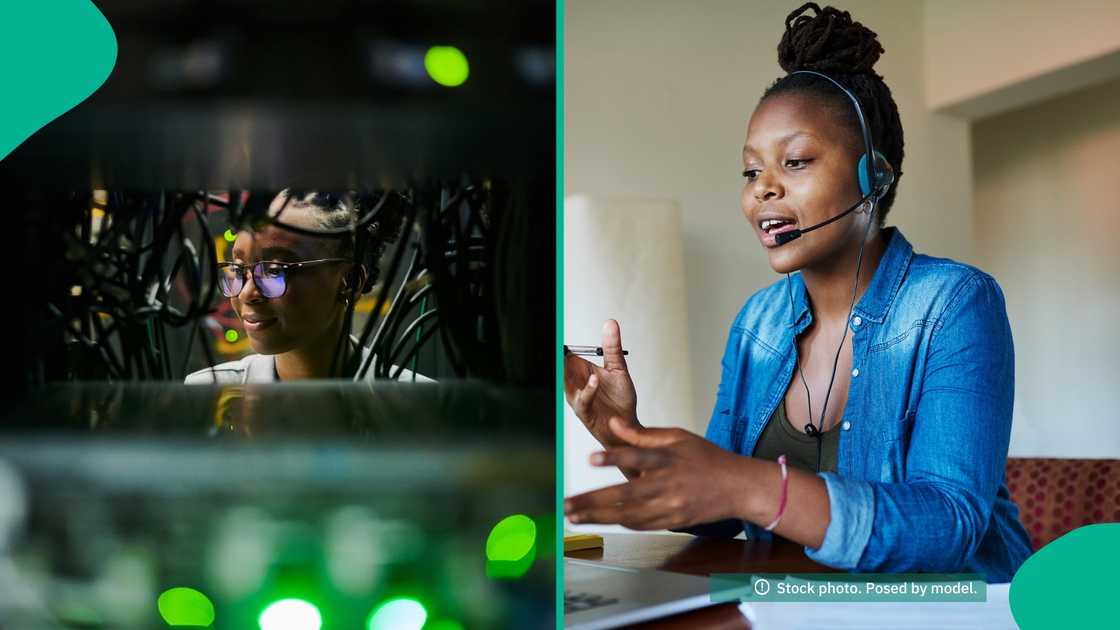
Source: Getty Images
AI literacy, therefore, is about more than technical skills. It demands social and ethical grounding. AI systems are not neutral; they reflect the values and biases of those who design them. In Nigeria, this raises urgent questions. What happens when recruitment algorithms disadvantage women? What risks arise when AI-driven misinformation spreads during elections? How can fintech and EdTech platforms safeguard citizens’ data in a country with weak privacy protections? Preparing Nigerians to ask and answer these questions is as important as teaching them how to code.
The economic stakes are also high. AI is reshaping industries from banking to entertainment, creating new winners and losers in the labor market. Workers who understand AI will thrive; those who do not risk being displaced. Nigeria needs to integrate AI literacy into vocational schools, apprenticeships, and adult training, ensuring that workers in all sectors, from agriculture to fintech, can adapt. One promising idea, borrowed from U.S. initiatives, is to establish regional “AI learning hubs” where schools, universities, and industries collaborate to provide skills relevant to local economies. A hub in Benue could focus on smart agriculture, while one in Lagos could emphasize fintech and creative industries.
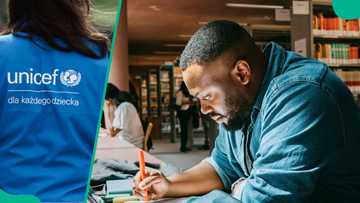
Read also
Work from home, earn in dollars: UNICEF launches remote internship with up to $1,700 monthly stipend
At the same time, we must avoid a generation of “AI copy-pasters.” Around the world, educators warn of “cognitive offloading,” where students rely on AI to complete tasks instead of engaging in critical thinking. This is already happening in Nigeria, where students use AI tools to generate assignments or CVs. Without guidance, we risk raising young people who can use AI but cannot question, innovate, or lead with it. True AI literacy must encourage active, critical engagement, not passive consumption.
Nigeria is at a crossroads. Globally, more than two-thirds of students and educators already use generative AI, but only a minority of schools provide structured guidance. Our youth are eager and experimenting, but they lack national support. If we act now, we can turn this into a national advantage. That means embedding AI into curricula, training teachers, investing in infrastructure, and ensuring communities, from urban centers to rural villages, are included. It means partnerships between government, telecoms, EdTech startups, and NGOs to expand access. It means seeing AI literacy not just as a technical skill, but as a public good; essential for democracy, equity, and economic resilience.
AI will define the future of work, learning, and governance. The real question is whether Nigeria will define that future for itself, or allow it to be defined for us. The world is moving quickly. With bold leadership, Nigeria can prepare every learner not only to thrive, but also to shape and own solutions in the age of AI. The time to act is now.
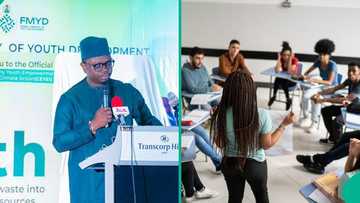
Read also
FG opens registration for free financial training on investing, forex trading, entrepreneurship
Olasupo Abideen is an AI innovator and entrepreneur with two solutions(MyAIFactChecker and HersafeSpace). He also serves as the CEO of FactCheckAfrica and AILiteracyAfrica. Please send comments and feedback to abideenolasupo@gmail.com. He tweets @opegoogle
Disclaimer: The views and opinions expressed here are those of the author and do not necessarily reflect the official policy or position of Legit.ng.
Source: Legit.ng


